What Does Uv Do In Filter ?
UV, or ultraviolet, is a type of electromagnetic radiation that is invisible to the human eye. In the context of a filter, UV refers to the use of ultraviolet light to eliminate or reduce microorganisms, such as bacteria and viruses, from water or air. UV filters are commonly used in water purification systems and air purifiers to disinfect and improve the quality of the treated water or air. The UV light damages the genetic material of microorganisms, preventing them from reproducing and rendering them harmless. UV filters are effective in killing a wide range of microorganisms and are often used as an additional step in the filtration process to ensure the removal of any remaining contaminants.
1、 UV Filter: Absorbs and blocks ultraviolet (UV) light from reaching the lens.
UV filters are commonly used in photography to absorb and block ultraviolet (UV) light from reaching the camera lens. UV light is invisible to the human eye but can have a significant impact on the quality of photographs.
One of the main functions of a UV filter is to reduce the haze and bluish cast that can be caused by UV light. When shooting in outdoor environments, especially at high altitudes or near bodies of water, UV light can scatter and cause a loss of clarity and contrast in images. By using a UV filter, photographers can effectively eliminate this haze and achieve sharper and more vibrant photographs.
Additionally, UV filters also serve as a protective barrier for the lens. They act as a shield against dust, moisture, and scratches, preventing potential damage to the lens surface. This is particularly important for expensive lenses, as replacing a damaged lens can be costly.
However, it is worth noting that the use of UV filters has become a topic of debate among photographers. Some argue that modern digital cameras already have built-in UV filters and that adding an additional filter can potentially degrade image quality. Others believe that the benefits of using a UV filter, such as protection and haze reduction, outweigh any potential drawbacks.
Ultimately, the decision to use a UV filter depends on personal preference and shooting conditions. It is important for photographers to consider their specific needs and weigh the pros and cons before deciding whether to incorporate a UV filter into their photography gear.
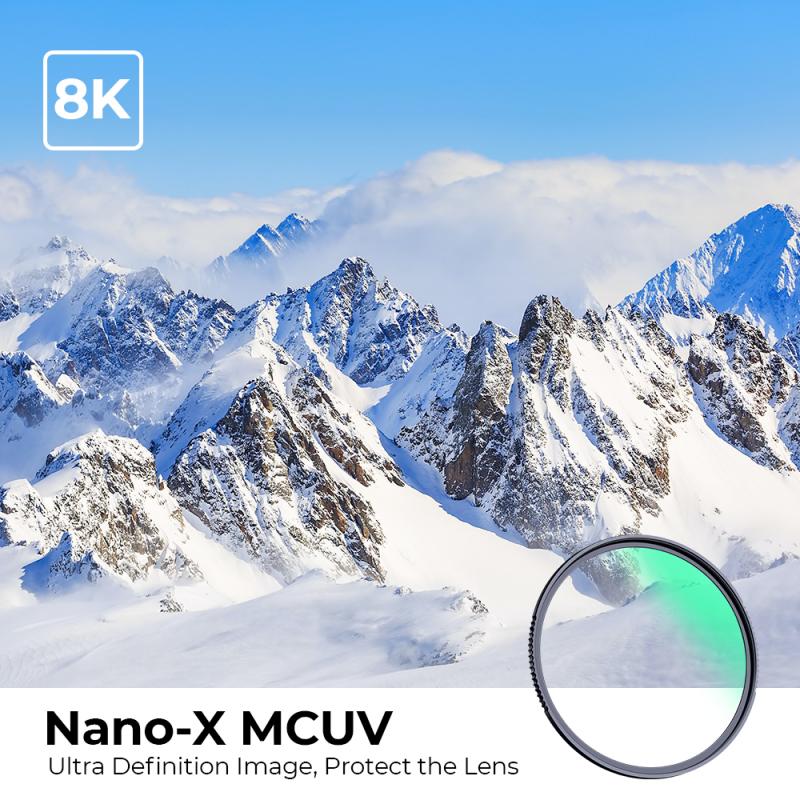
2、 UV-C Radiation: Shortest wavelength UV radiation, harmful to humans.
UV-C radiation is a type of ultraviolet (UV) radiation with the shortest wavelength, ranging from 100 to 280 nanometers. It is known to be harmful to humans as it can cause damage to the skin, eyes, and immune system. UV-C radiation is typically filtered out by the Earth's atmosphere, so direct exposure to it is limited. However, artificial sources of UV-C radiation, such as germicidal lamps, are used for disinfection purposes.
In terms of filters, UV-C radiation is often blocked by materials that are opaque to this wavelength range. These filters are designed to prevent the transmission of UV-C radiation and protect individuals from its harmful effects. They can be made from various materials, including glass, plastics, and films, which have the ability to absorb or reflect UV-C radiation.
The latest point of view regarding UV-C radiation and filters is the increased interest in using UV-C light for disinfection purposes, especially in the context of the COVID-19 pandemic. UV-C light has been shown to effectively inactivate viruses, including SARS-CoV-2, the virus responsible for COVID-19. As a result, there has been a surge in the development and use of UV-C disinfection devices, such as UV-C lamps and robots, in various settings, including hospitals, public transportation, and workplaces.
When it comes to these UV-C disinfection devices, filters play a crucial role in ensuring that the emitted UV-C radiation is contained and directed towards the intended target, while minimizing exposure to humans. Filters are used to control the direction and intensity of UV-C light, ensuring that it is focused on the surfaces or objects that need to be disinfected, while reducing the risk of direct human exposure. Additionally, filters can also help to remove any unwanted wavelengths or harmful byproducts that may be generated during the UV-C disinfection process.
In summary, filters are essential in blocking UV-C radiation to protect humans from its harmful effects. However, in the context of UV-C disinfection, filters are also used to control and direct the UV-C light for effective disinfection while minimizing human exposure.
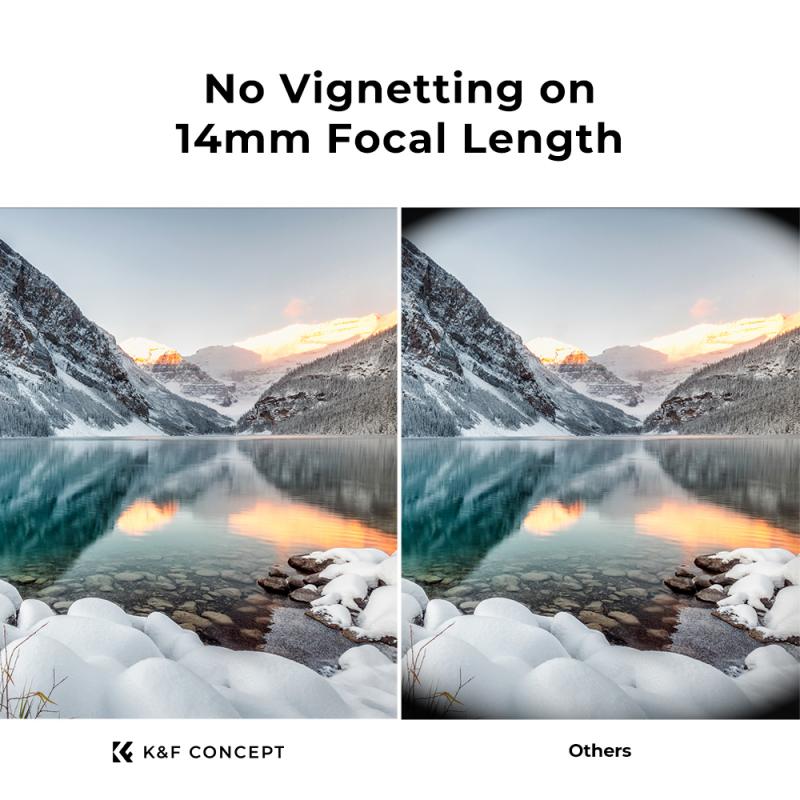
3、 Photodermatitis: UV-induced skin inflammation caused by prolonged exposure.
UV (ultraviolet) radiation plays a significant role in the development of photodermatitis, which is a type of skin inflammation caused by prolonged exposure to UV rays. UV radiation is a part of the electromagnetic spectrum emitted by the sun, and it is divided into three categories: UVA, UVB, and UVC.
In the context of filters, UV radiation can be filtered out to varying degrees depending on the type of filter used. UV filters are substances that absorb or reflect UV radiation, preventing it from reaching the skin. These filters are commonly found in sunscreens, cosmetics, and other skincare products.
UVA radiation, which has longer wavelengths, can penetrate deep into the skin and is associated with skin aging and the development of certain skin cancers. UVB radiation, with shorter wavelengths, primarily affects the outer layers of the skin and is the main cause of sunburns. Both UVA and UVB radiation can contribute to the development of photodermatitis.
The latest point of view regarding UV filters is the importance of broad-spectrum protection. Broad-spectrum filters protect against both UVA and UVB radiation, providing more comprehensive protection against photodermatitis and other UV-related skin conditions. Additionally, there is growing concern about the potential harmful effects of certain chemical UV filters, such as oxybenzone and octinoxate, on marine ecosystems. As a result, there is a shift towards the use of mineral-based UV filters, such as zinc oxide and titanium dioxide, which are considered safer for both human health and the environment.
In summary, UV radiation is a major contributor to the development of photodermatitis. UV filters play a crucial role in preventing UV-induced skin inflammation by blocking or absorbing harmful UV radiation. The latest perspective emphasizes the importance of broad-spectrum protection and the use of safer UV filter options.
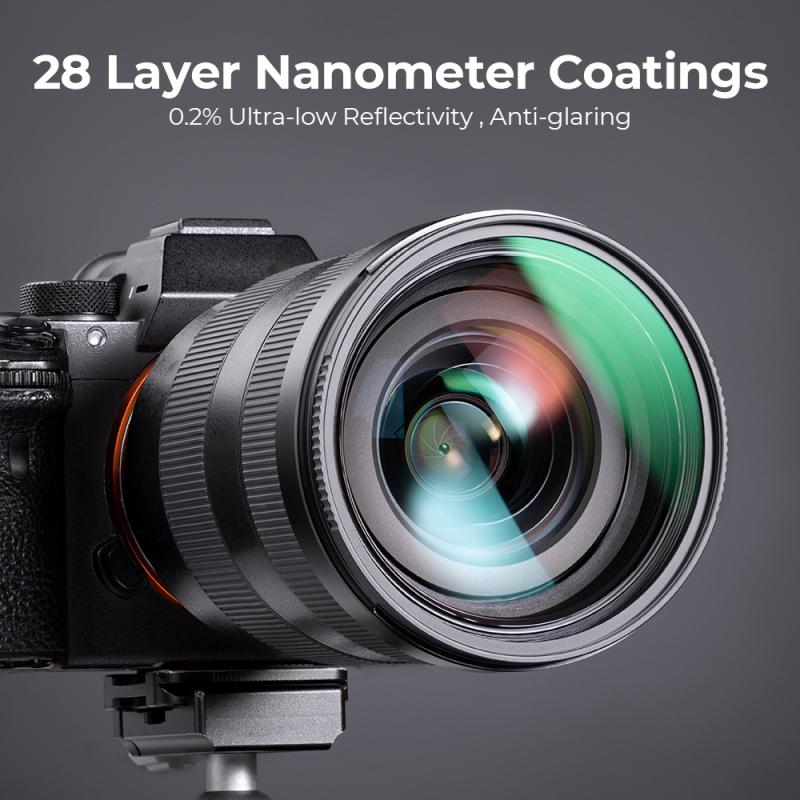
4、 UV Index: Measurement of UV radiation intensity from the sun.
UV (Ultraviolet) radiation is a type of electromagnetic radiation emitted by the sun. It is invisible to the human eye but can have harmful effects on our skin and eyes. The UV Index is a measurement that indicates the intensity of UV radiation from the sun at a particular location and time.
The primary purpose of UV filters is to protect our skin and eyes from the harmful effects of UV radiation. When we are exposed to excessive UV radiation, it can lead to sunburn, premature aging of the skin, and an increased risk of skin cancer. UV filters in sunscreen and sunglasses work by absorbing or reflecting the UV rays, preventing them from reaching our skin and eyes.
UV filters in sunscreen are designed to absorb or scatter UV radiation, reducing its penetration into the skin. They act as a barrier, preventing the UV rays from damaging the DNA in our skin cells. This helps to prevent sunburn and reduces the risk of long-term damage.
Similarly, UV filters in sunglasses are designed to block or absorb UV radiation, protecting our eyes from its harmful effects. Prolonged exposure to UV radiation can lead to cataracts, macular degeneration, and other eye conditions. By wearing sunglasses with UV filters, we can reduce the risk of these conditions and protect our vision.
It is important to note that the effectiveness of UV filters can vary depending on factors such as the type of filter used, its quality, and how it is applied. Additionally, the UV Index can vary throughout the day and in different locations, so it is crucial to regularly check the UV Index and take appropriate measures to protect ourselves from excessive UV radiation.
In recent years, there has been growing concern about the environmental impact of certain UV filters, particularly those found in sunscreen. Some studies suggest that certain UV filters, such as oxybenzone and octinoxate, can have harmful effects on coral reefs and marine ecosystems. As a result, there has been a push for the development and use of more environmentally friendly UV filters.
In conclusion, UV filters play a crucial role in protecting our skin and eyes from the harmful effects of UV radiation. They help to prevent sunburn, premature aging, and reduce the risk of skin cancer and eye conditions. However, it is important to choose high-quality filters and be mindful of their potential environmental impact. Regularly checking the UV Index and taking appropriate measures to protect ourselves from excessive UV radiation is essential for maintaining our health and well-being.
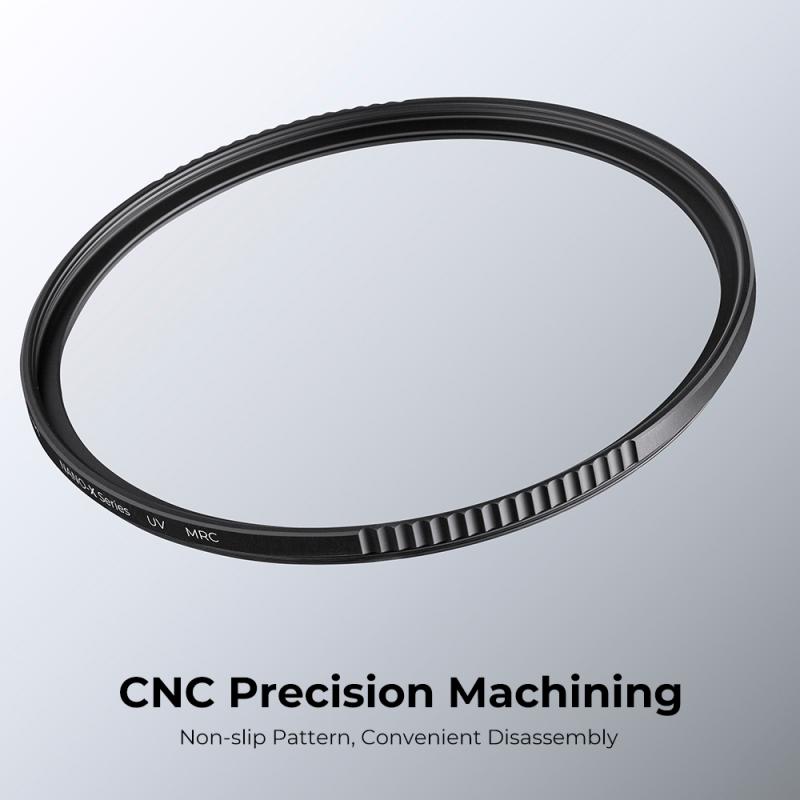

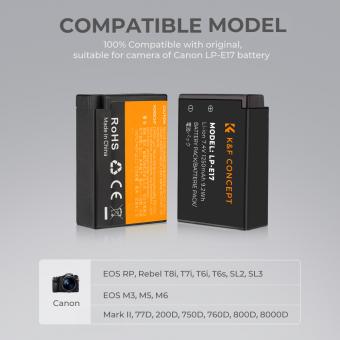

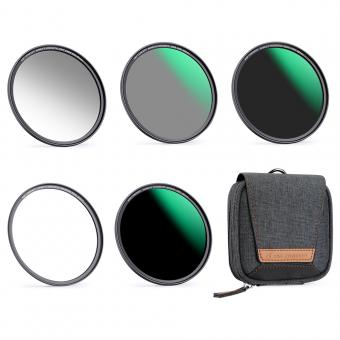
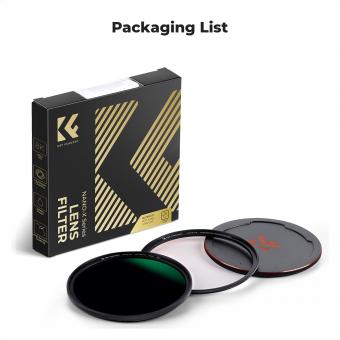
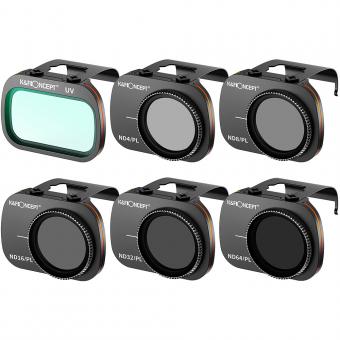
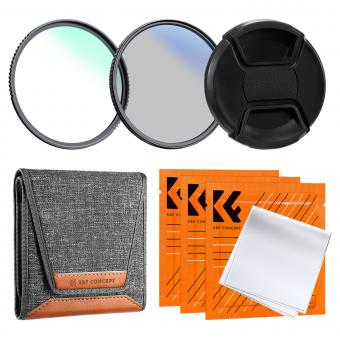


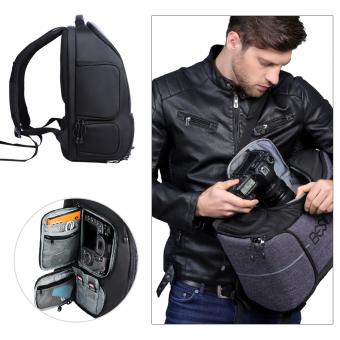

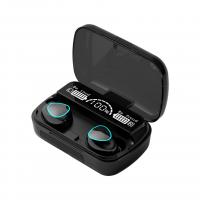
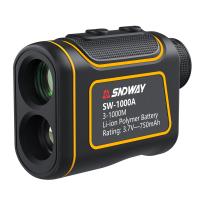
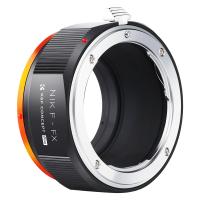

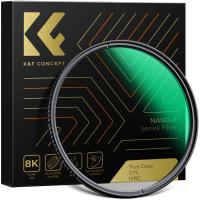
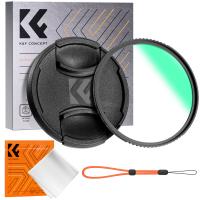
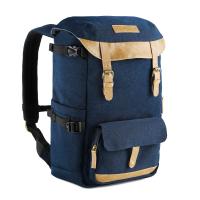


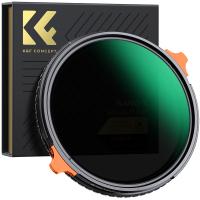
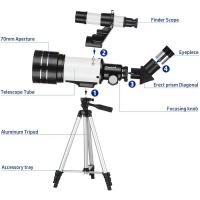
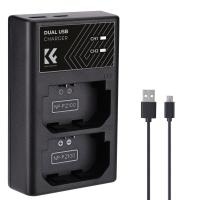


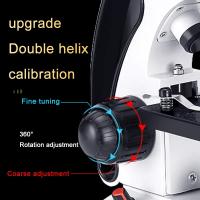
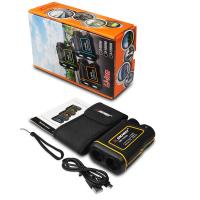

There are no comments for this blog.